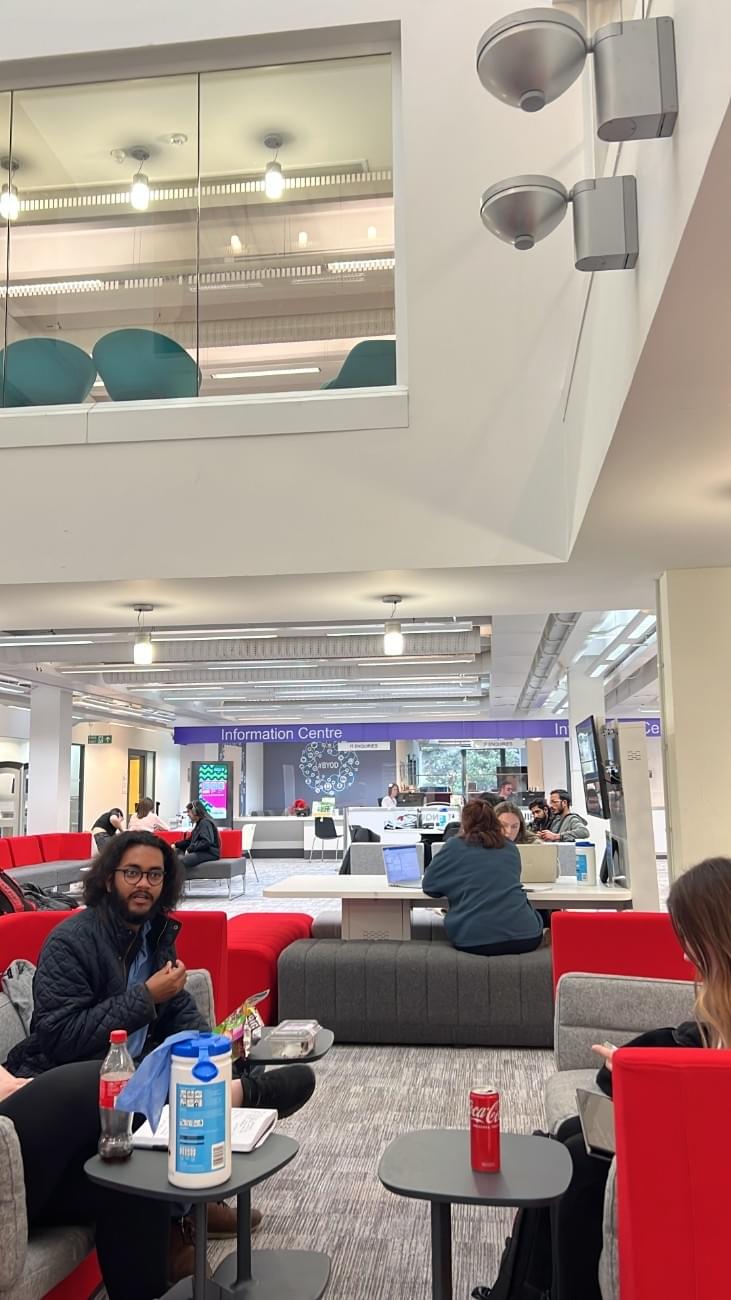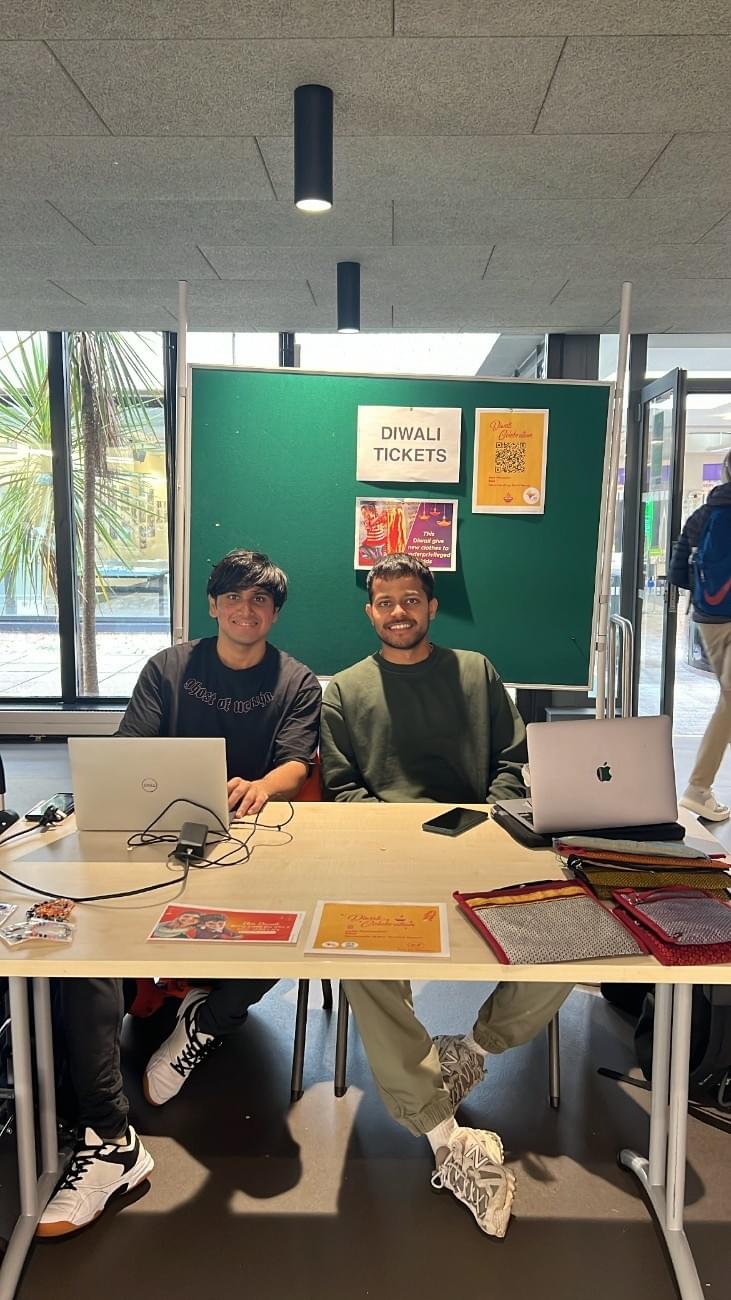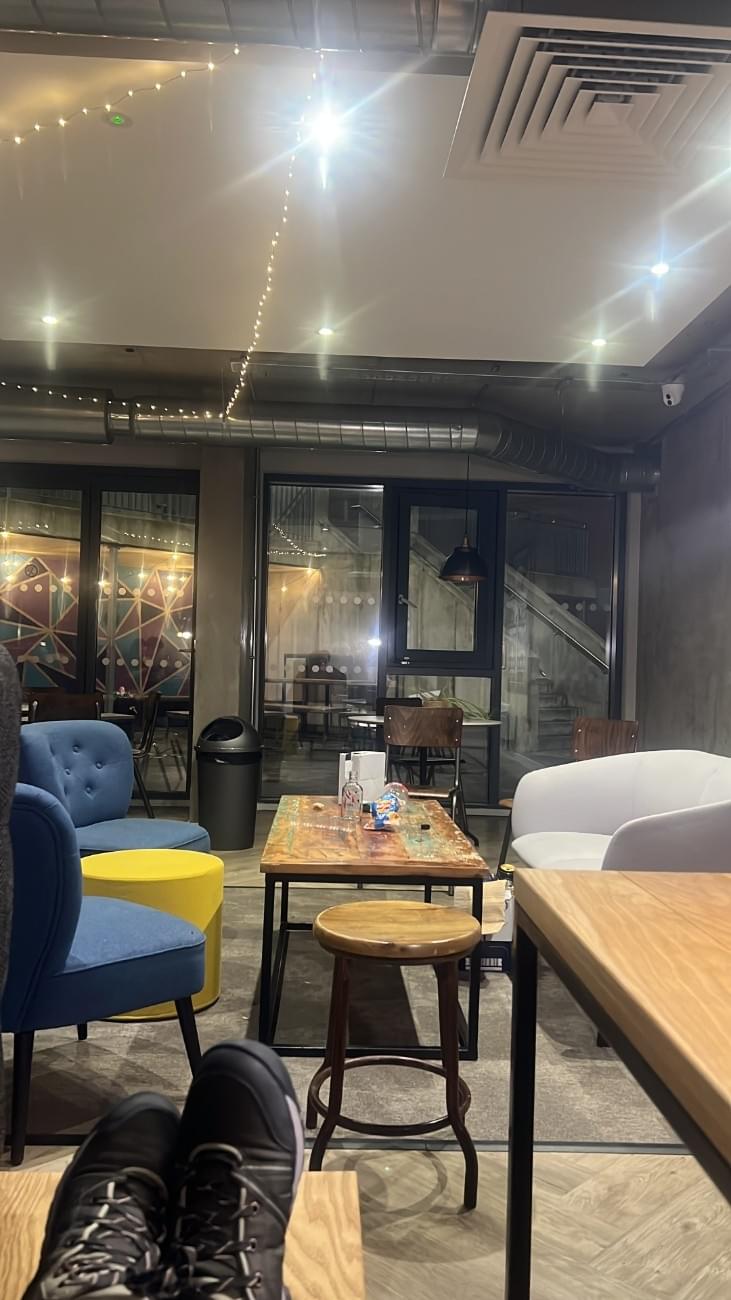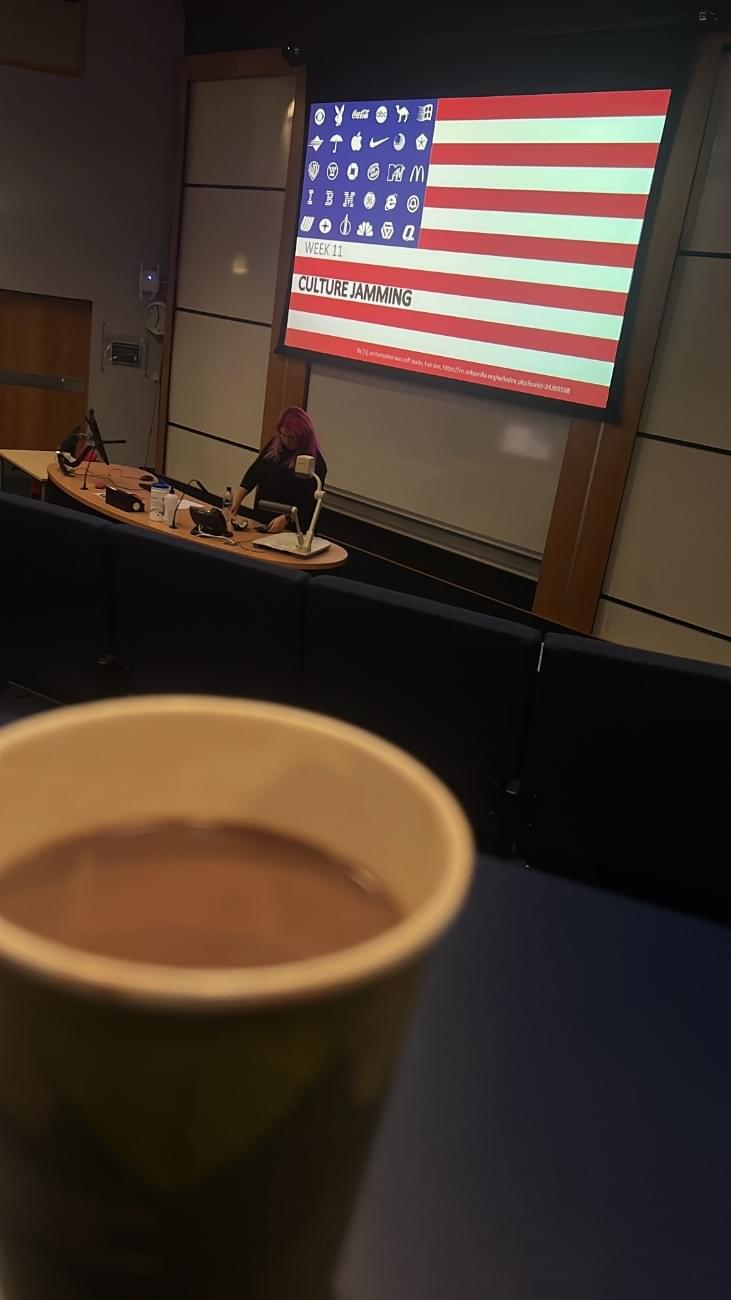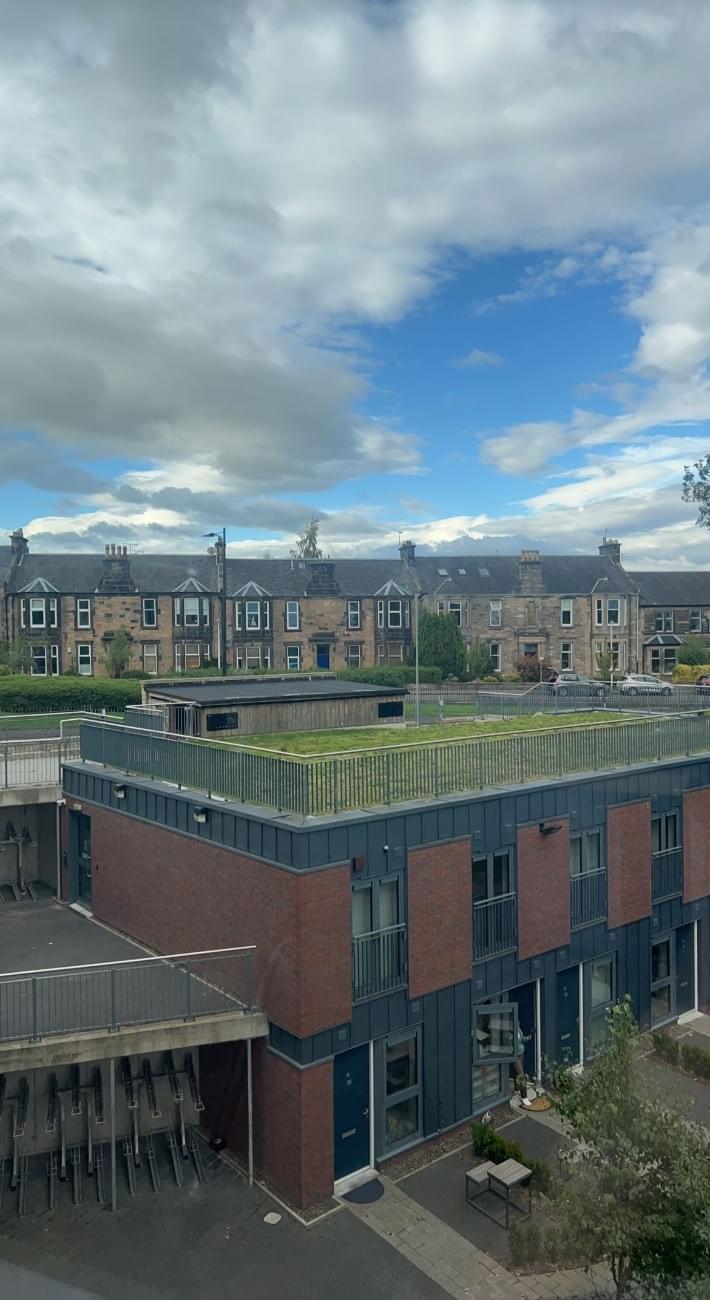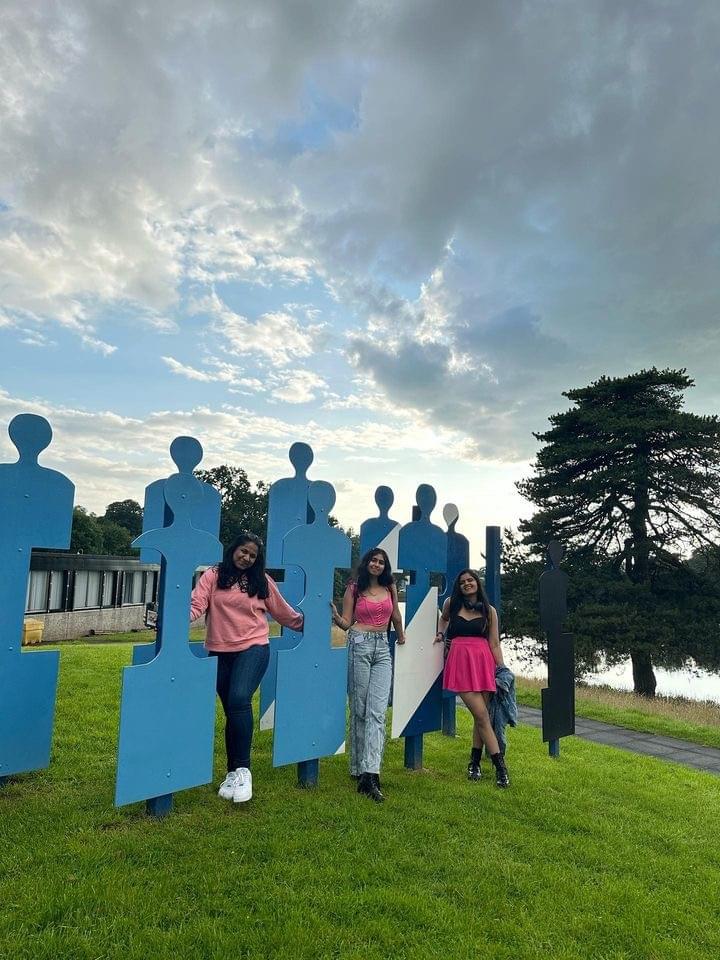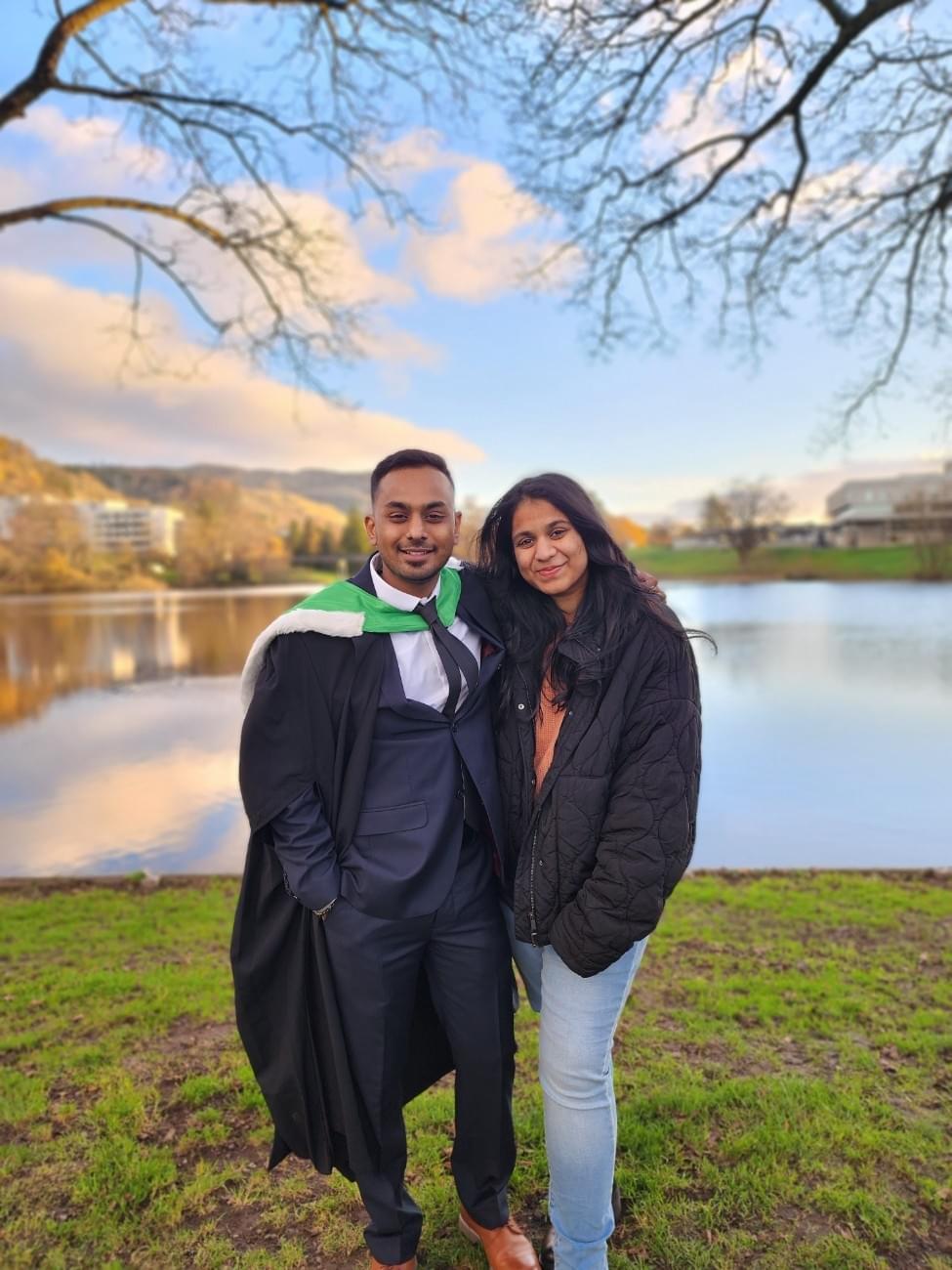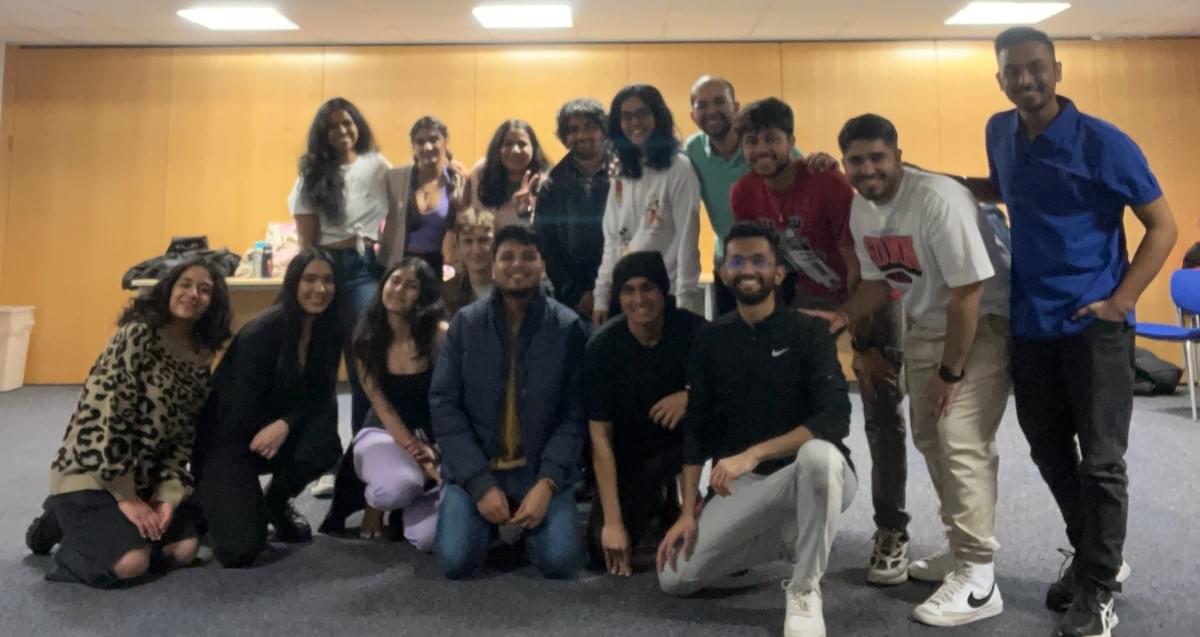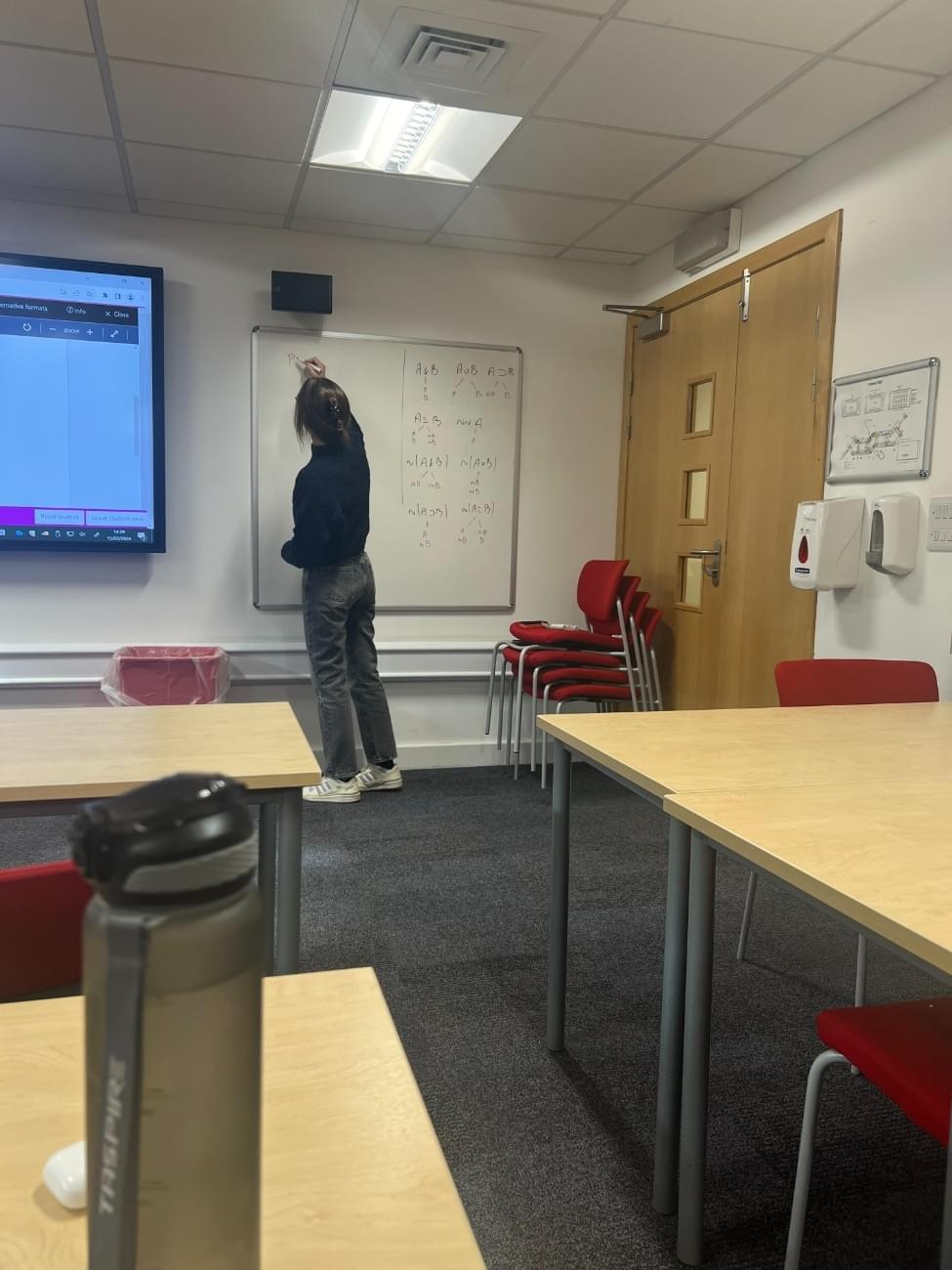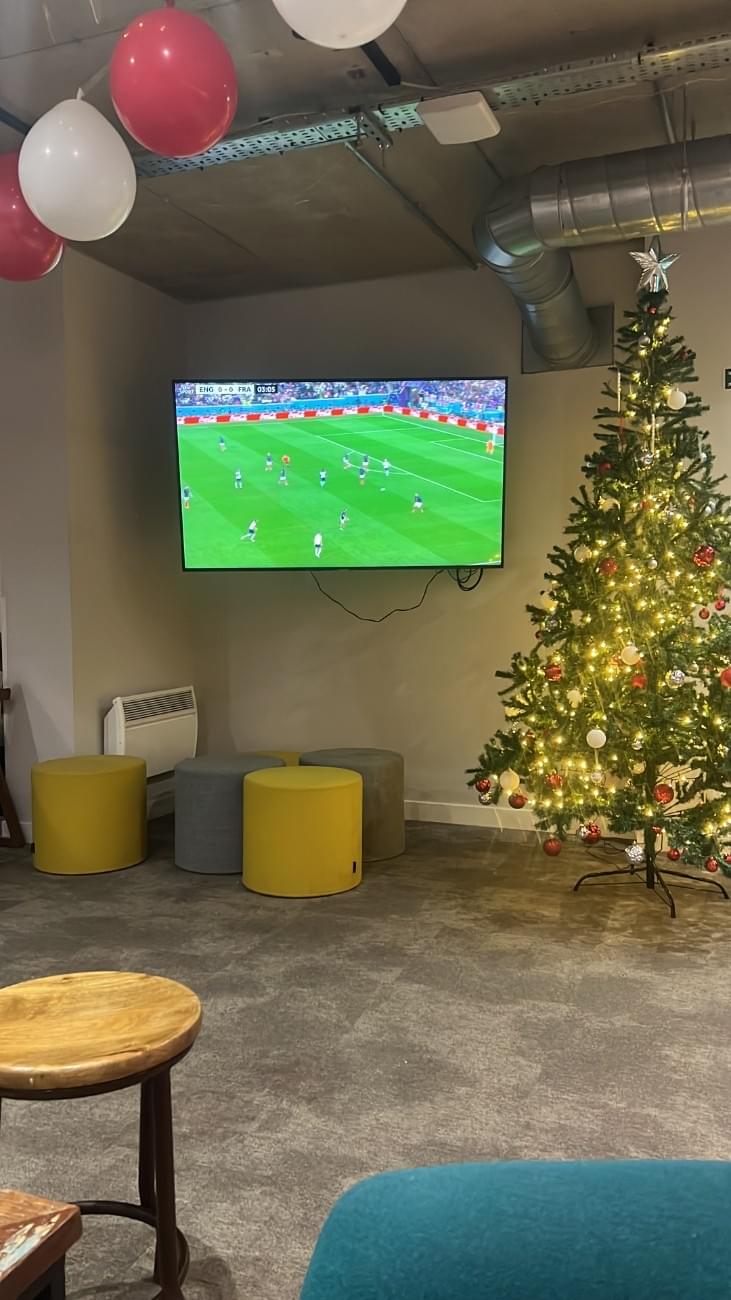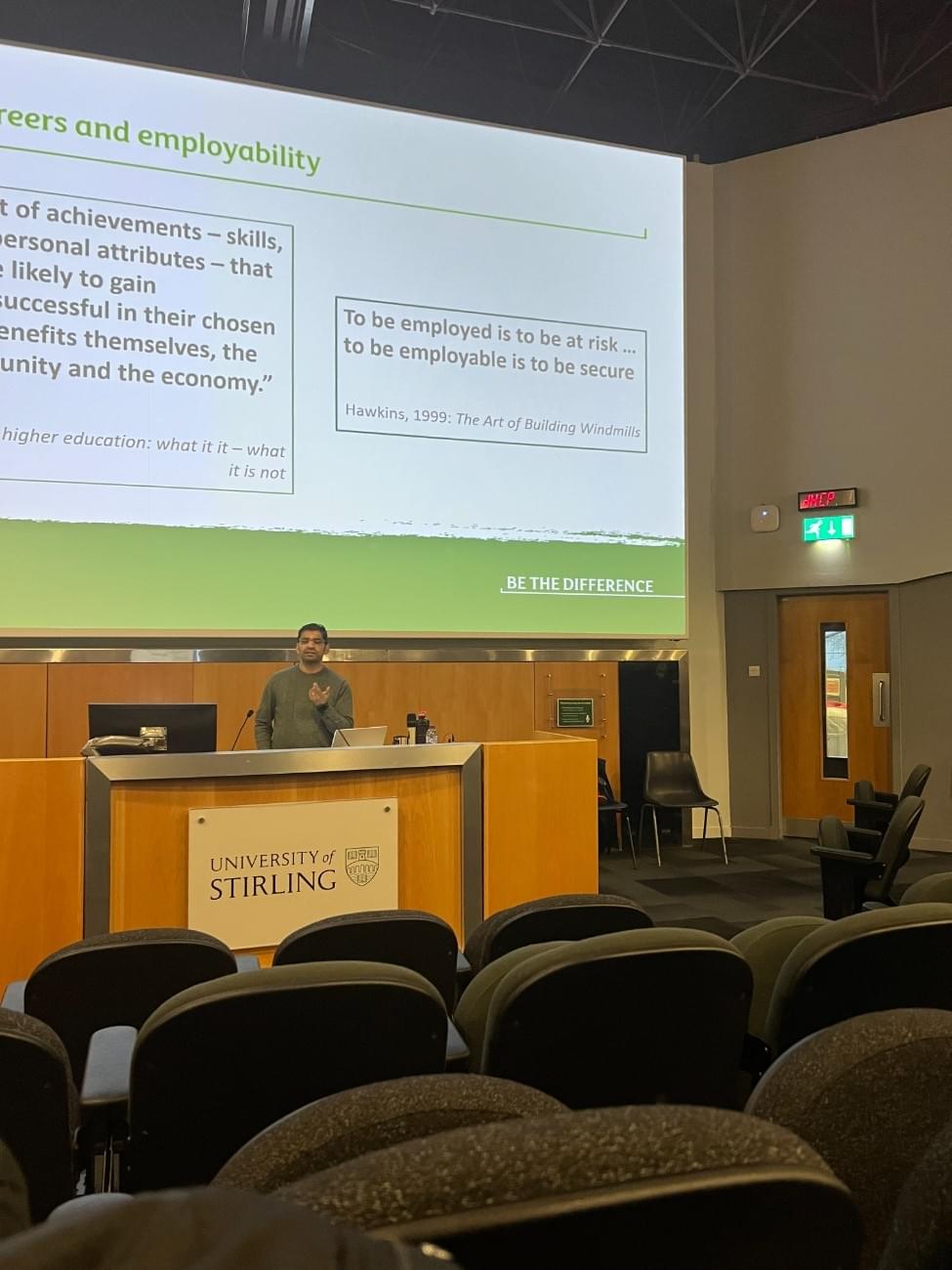What Students Say
Likes
- So many options for societies and activities
- Mental health support services
- Freebies every now and then through events and how welcoming the university is for freshers.
Dislikes
- It’s really hard to find the classrooms, because there is no specific order and it’s all over the place.
- The uni is not in a very high profile city, it’s on the outskirts, so all the exposure you get is only from the campus.
- Hard to get flat on campus after 2nd year.
Course Curriculum
- The academics were a mix of both theory and practical, we used to have small groups of classes called seminars, which were more interactive and had a better learning pattern and then we had a lecture which had all the students from the batch; I can’t even count how many. The first 2 years are easy; I mean, not so difficult.
- positive is seminars and the ones I didn’t like were lectures. The professors were really welcoming and understood our concerns. Negative was how to navigate the classroom.
- So for each semester the classes and timings change – but they go from 9am to 7pm.
- and it depends on each student’s schedules. 1 semester I had classes only on mondays and the rest of the week I had only two others. Their durations are generally 1-2 hrs for undergrads, as far as I have experienced; my friends also had 3-4 hr long sessions.
- Seminars average no. Of students, there were 15-20; lectures maybe 200-300 (really don’t know)
- I think there were about 15-20 Indian students that I know of (maybe more)
Admission Experience
-
I applied to 5 Universities:
- University of East London
- University of Essex
- University of Strathclyde
- University of Stirling
- Oxford Brookes University
- I got accepted into all of them. No rejections from any and I was really grateful.
- If I were to be rejected in any, my grades could’ve been the reason because I am an average student when it comes to academics.
- The only factor that influenced my decision was that it was a countryside experience – the one I’ve always wanted, living in a very crowded city like Delhi. Also the weather – I like rainy and cold weather.
- The steps were to apply by writing an SOP and submitting a few documents like past grades and certificates. Also, the waiting time to get accepted can be very hard but then receiving an acceptance letter is the best.
- I don’t remember the eligibility criteria clearly but it was to get above 65-70% in 12th grade.
- I didn’t have to give any IELTS or GMAT because I was going for undergrad and I studied in an English-medium school since the beginning.
- My overall admission experience was very easy and smooth; the waiting part was the toughest. Writing an SOP that would get the university’s attention was also something that felt like a milestone. Everything else was great
- I applied for the September 2023 intake; it was a good decision, as most of the students start from there, and the dissertation happens at the end of it, whereas for the January intake, they give the dissertation in the second-last semester.
- My admission process took me a month and a half.
- So after applying, I got the offer in 3 weeks max; it’s a very vague memory, and applying took me 2-3 weeks
Faculty
- In some subjects the faculty was really less and they used to travel from another city so they only used to come once a week and get down with all their classes but then it was hard for students to approach them, like one-on-one interactions were only in classes and not afterwards.
- Yes, I think the approach is really good and the teaching method is also fun. I am not sure about securing a job, though. I mean, every student fears that. But they do help us with job applications.
- I haven’t come across the personal connections method yet. I haven’t seen any professor do that in front of me so I don’t know if that’s an option.
- I like my marketing professor – I can’t remember his name, but he was very welcoming and always had a positive attitude towards students. I also discussed some ideas I had regarding business and he started recognising me after 2nd semester. I also enjoyed philosophy a lot but only because I am into that subject.
Campus Life
- My uni had 1 campus but it was a big one.
- We had library, WiFi, sports facilities, medical services, activities, cafes and bars, chairs and tables for students everywhere, grocery store, rden/park, che chemical labs, computer labs, free food corner, group study tables, cinema hall, mental health support, career support, etc.
- Major campus festivals could be Christmas, Halloween, Chinese new year, Holi and any fun activities, freshers' week and graduation parties. Each society has their own big event.
- Societies and sports were the biggest extracurriculars; we had all kinds of sports: swimming, football, basketball, badminton, tennis and gym and everything. We had 100s of societies and I was part of south Asian society, the true crime society, and the international society. I was mainly a committee member and had fun organising events like the Diwali party and others.
Part Time Jobs
- A lot of students in this small city, so it’s hard to find part-time jobs – it can be very depressing to find one. I have no idea about the TA, DA, and RA ratios. But I know that there were limited part-time jobs available on campus and many off campus but so many students so not everybody can get one.
- Other on-campus jobs are barista, student ambassador, grocery store representative, mainly jobs in cafes, library wizard, IT department, etc. Working hours were a minimum of 20 for Indians; wages were minimum wage according to age; generally, it was £11-£13 per hour.
- Indians were allowed 20 hr/week.
- Very hard to get on campus part time job.
- Students typically earn £11-£13 on an hourly basis; it is very hard for students to secure a part-time job while studying, especially with the 20 hr/week only allowance many people don’t even hire . Apply for jobs through LinkedIn or indeed or go in person and hand in a cv/resume in stores. You have to actively apply if you really want a job. Look for jobs online, fill in the application, submit and wait for their response.
Placement
- I think around 10-20% secure a full-time job in the first 6 months because we are here on a visa; it’s hard to get accepted for a full-time job.
- Average salary range is £23-25k after graduation.
- Students find jobs through on-campus internship portals, generally applying online every day – 20 jobs minimum. Giving interviews, meeting recruiters through connections.
- None of my friends got jobs and all of them are back in India; the ones that got them were in wales or Ireland. Two of my female friends got jobs 2 years after graduating – both of them in marketing companies. JP Morgan, BlackRock etc.
Accommodation
- My accommodation was off campus; I found it through online platforms and with the help of the SIUK agency, it was really hard to get one at a normal price.
- My monthly rent was £800 including bills and mine was an en-suite room; it was 2 BHK. It was built like student accommodation and in the next year I found a flat with my friends that cost me £400 with bills; it was a 4 BHK. So it really depends on how you pick your flat. First year you have to invest anyhow.
- Just finding a flat is very exhausting and can be draining, especially in a remote city like stirling plus with the price increasing, it was really hard.
- I’d say on-campus experience is important but can’t go out of the budget and get a flat because I went broke a lot of times in the middle of the month because my rent was a lot, which caused me to compromise on other things like food, etc. First year can be rocky but from second year you have to get a cheaper flat because you barely stay there and paying £800 for just sleeping in the room doesn’t make sense.
- Most of the Indian students were in the same accommodation as me and it was 10-15 mins away from the university.
Exams
- No exams were required for me, as I was an undergrad but postgrads need IELTS I think.
- Documents that were necessary are:
- SOP, LOR, CV/Resume, Certifications achieved, report cards from 10th and 12th standard, medical certificates, character certificate, transfer certificate, CAS, letter from bank, bank statement, letter from gov.
- No, there was no interview for me.
Fees
- Total tution fee was: £15,900 p.a.
- Accommodation fee was £9,600 p.a.
- Food and miscellaneous: £12,000 p.a.
- The fees can be paid monthly, yearly, or semester-wise. Mine was monthly auto-debit.
- My monthly expenses were around £2000-£2500.
- Which included parties, rent (£800), and transportation from train, transportation from bus is free until you are 22 so that was good. Then most of my expenses were for takeout out food ordersders,
Scholarship
- Yes, I did get a scholarship of £2000 p.a., which made my tuition fee 13,900 p.a.—the scholarship was under the name of “international undergraduate award,” but once I reached the University I got to know everybody from India got that scholarship.
- Undergrads get £2000 and on average I think 30-50 students get this scholarship (I am not aware, though)—I mean, I am not sure of this; it's just my assumption.


